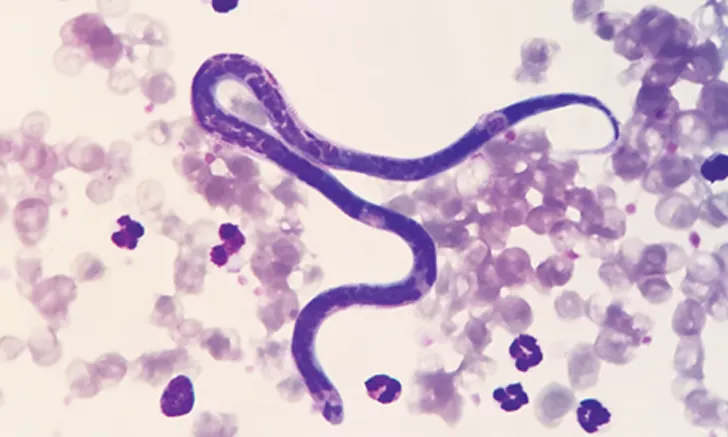Heartworm and Pet Wellness
At Shelley Drive Animal Clinic in Tyler, we see many cases of heartworm. Heartworm disease is a serious illness that threatens pet wellness. It is caused by a type of roundworm that lives in the heart, lungs, and blood vessels of affected animals. Here's what our animal hospital wants you to know about this common condition.
How Does Heartworm Spread?
Heartworms are spread through the bite of an infected mosquito, so it is essential to ensure your pet’s exposure to mosquitoes is limited or nonexistent. If you live in an area with a high mosquito population, talk to your veterinarian about preventive measures you can take.
What Are the Symptoms of Heartworm?
The symptoms of heartworm typically develop gradually and may not be noticed until the condition is advanced. Common symptoms include coughing, difficulty breathing, weight loss, exercise intolerance, and weakness. However, many cats do not display any signs of heartworm disease or may only exhibit mild symptoms.
How Is Heartworm Diagnosed?
At our animal hospital, we are equipped to perform a variety of diagnostic tests to confirm whether your pet has heartworms. These include a complete blood count, chest X-rays, and an antigen test that looks for proteins associated with the heartworm parasite.
Diagnosing and treating heartworm disease early can ensure your pet’s long-term health and well-being. If you are worried that your pet may have heartworms, contact our vet to schedule a pet exam today. We can provide you with the resources and care necessary to keep your pet healthy.
Dogs Are More Susceptible to Heartworm Disease
Dogs are more susceptible to heartworm than felines, and the risk increases with age. Heartworms can cause serious damage to a dog’s organs if left untreated, so it is important to have your pet tested annually by a vet. Additionally, prevention is the best medicine when it comes to heartworm and your pup.
Be sure to discuss the available preventive medications with your veterinarian and follow their instructions carefully. Preventative measures may include monthly tablets, topical treatments, and injections that help protect your pet from heartworm disease.
Contact Our Veterinarian in Tyler, TX
Shelley Drive Animal Clinic is here to help you and your pet stay on top of their health. If you have any questions about heartworm disease or other pet wellness topics, contact our vet in Tyler, TX. We can help you care for your pet and prevent heartworm disease at your next pet exam.

